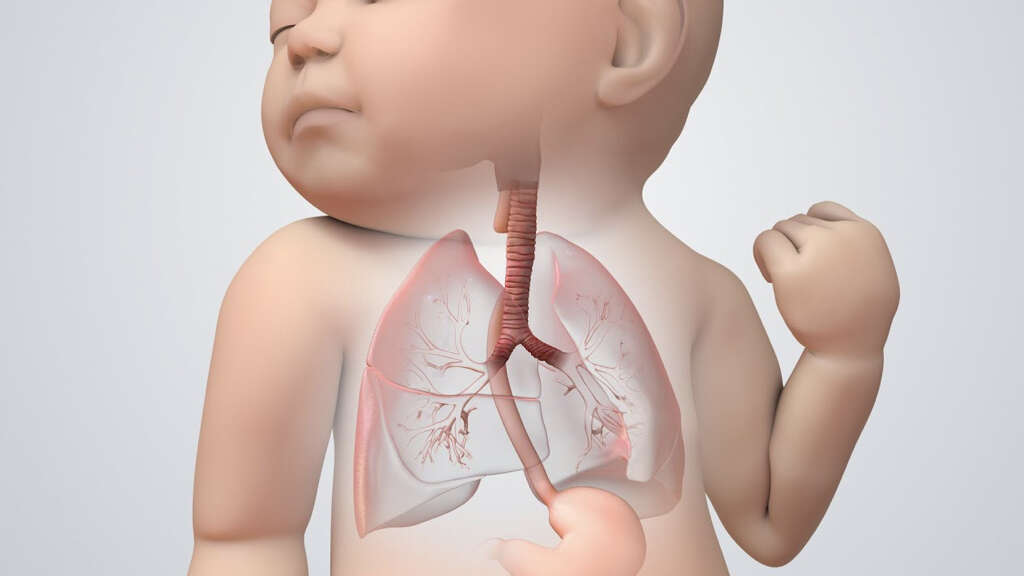What Is a Fistula?
9. Tracheoesophageal Fistula
A tracheoesophageal fistula is an abnormal connection that occurs between the trachea and esophagus. It is a common abnormality found at birth but can also occur later in life as a consequence of a surgical procedure.
In a newborn, a tracheoesophageal fistula can cause excessive salivation that is associated with cyanosis, vomiting, choking, and coughing. It can be diagnosed by attempting to insert a nasogastric tube, magnetic resonance imaging (MRI) scan, and gastrografin contrast swallow. A tracheoesophageal fistula can be surgically corrected by resecting the fistula and connecting the segments. Newborns with this issue can have poor feeding and are unable to thrive. They may have other issues such as heart, limb, and kidney deformities.
Advertisement












